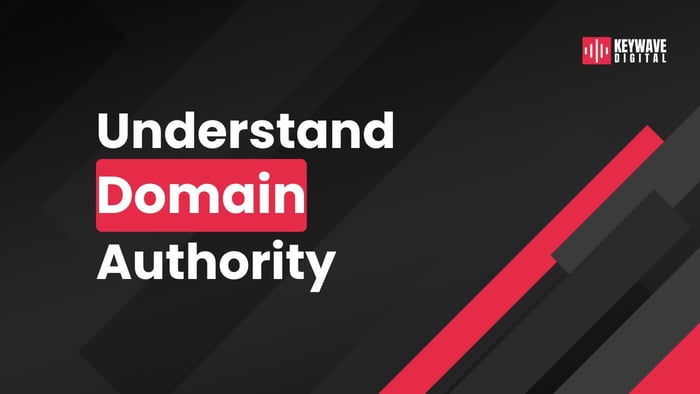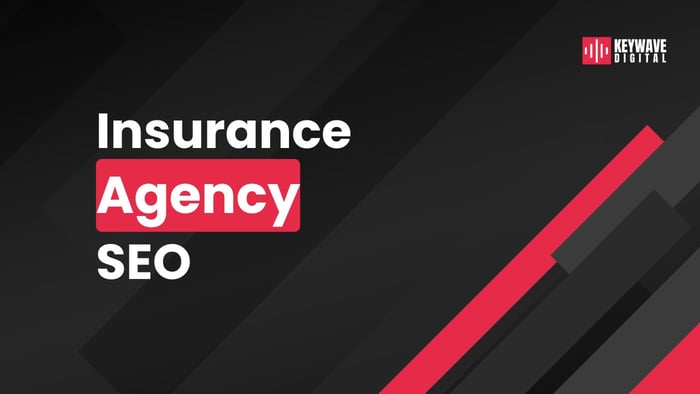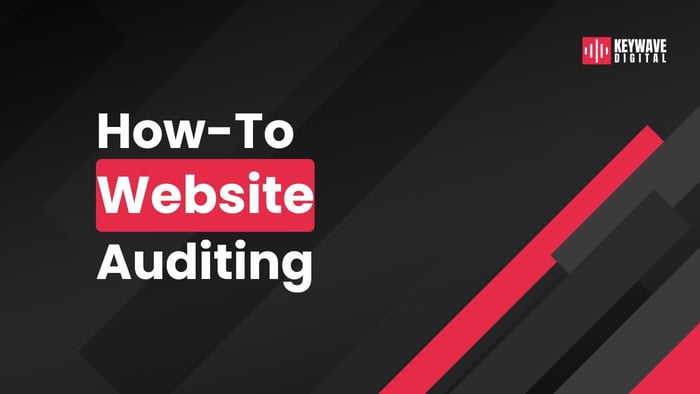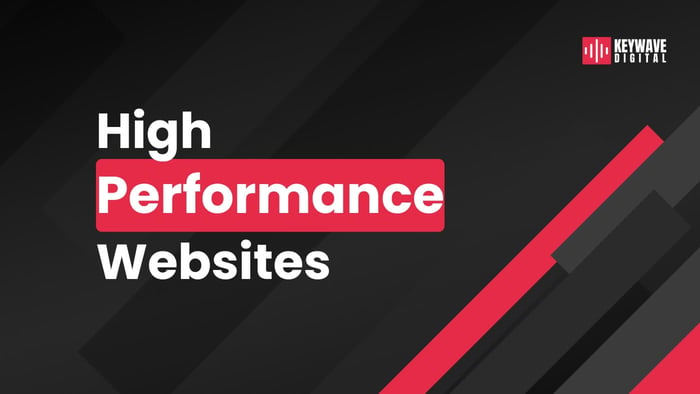
The world of search engine optimization (SEO for insurance agencies) is a vast and constantly evolving landscape. For insurance agents looking to enhance their online presence, it can be quite challenging to navigate. One critical aspect that often surfaces is Domain Authority. Let's dive into this subject and see how insurance agents and agencies can use it to their advantage.
Deciphering Domain Authority for Insurance Agents
Domain Authority is a term coined by Moz, an SEO software provider. It refers to a website's predictive ranking score concerning its likelihood of ranking in search engine results. While Moz initiated this term, other SEO platforms like SEMRush and Ahrefs also have similar domain ranking scores.
Many insurance agencies may assume that higher Domain Authority equates to better rankings or that links from higher authority sites are more valuable. However, Google's ranking algorithm is far more complex. While it doesn't use a simplistic Domain Authority score, it does consider certain site-wide metrics when determining page ranks.
Google prefers domains with a strong focus on a particular niche, populated with high-quality, relevant content. For instance, an insurance agency's blog about auto or health insurance would likely rank better if the entire site is dedicated to insurance topics rather than a myriad of unrelated subjects.
Can Insurance Agencies Increase Domain Authority?
There's no concrete method to increase Domain Authority in Google's eyes since it doesn't officially recognize the term. However, insurance agencies can still strive to enhance their overall site score, aligning with the principles that boost Domain Authority.
How Domain Authority Can Bolster Your Insurance SEO Strategy

For an insurance agent, Domain Authority might seem like an arbitrary number. However, it's a valuable tool to gauge your site's competitiveness. For instance, if your insurance site has a Domain Authority of 50 and you're targeting keywords that have sites with scores of 30-40, you theoretically stand a better chance of outranking them, provided your content adheres to Google's best practices.
Effective Strategies to Boost Domain Authority for Insurance Agents

Crafting Superior Content
Creating top-notch content focused on insurance topics is the key to satisfying Google's quality criteria. Detailed, original, and engaging content not only ranks well but also answers the queries of your visitors effectively. This approach can help you gain backlinks, enhancing your link-building efforts.
Optimizing Keyword Selection

Carefully choosing individual keywords for your insurance-related content is crucial. By conducting competitor analysis, you can identify keywords other lower-ranking insurance sites are using. This strategy can help uncover new long-tail keywords, improving your site's on-page SEO, and potentially boosting its position on the search results page.
Steering Clear of Unethical Link Building
Beware of services offering quick-fix link-building solutions. Google frowns upon purchased links and will penalize your site if it detects such activity. For insurance agencies, the focus should be on building genuine links through quality content and good SEO practices.
Google's Guidelines: Your Best Bet
When in doubt, always refer to Google's guidelines. They provide valuable insights on improving your chances of ranking better. The SEO landscape changes frequently with Google's algorithm updates. But a firm grasp of the fundamentals will help insurance agents adapt and thrive in this dynamic environment.






